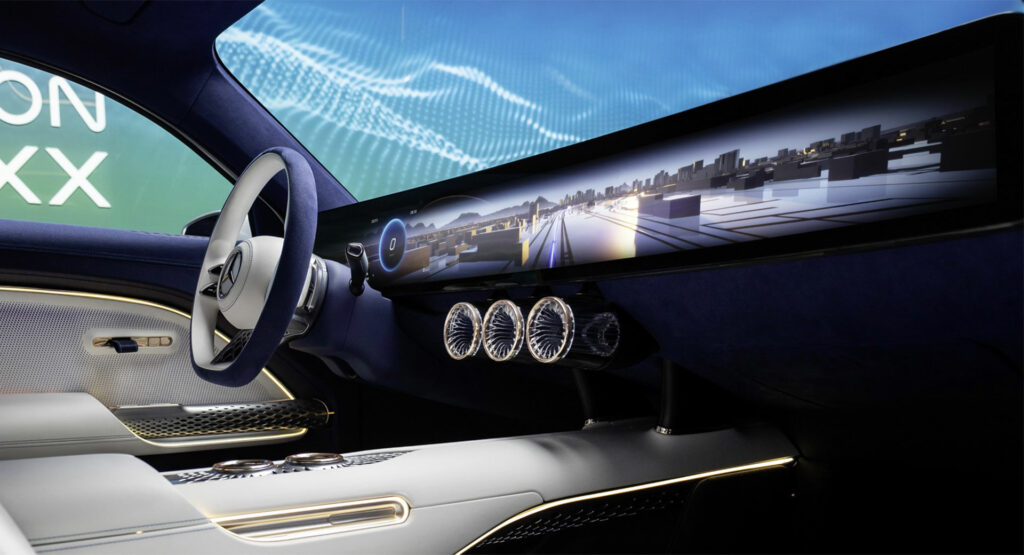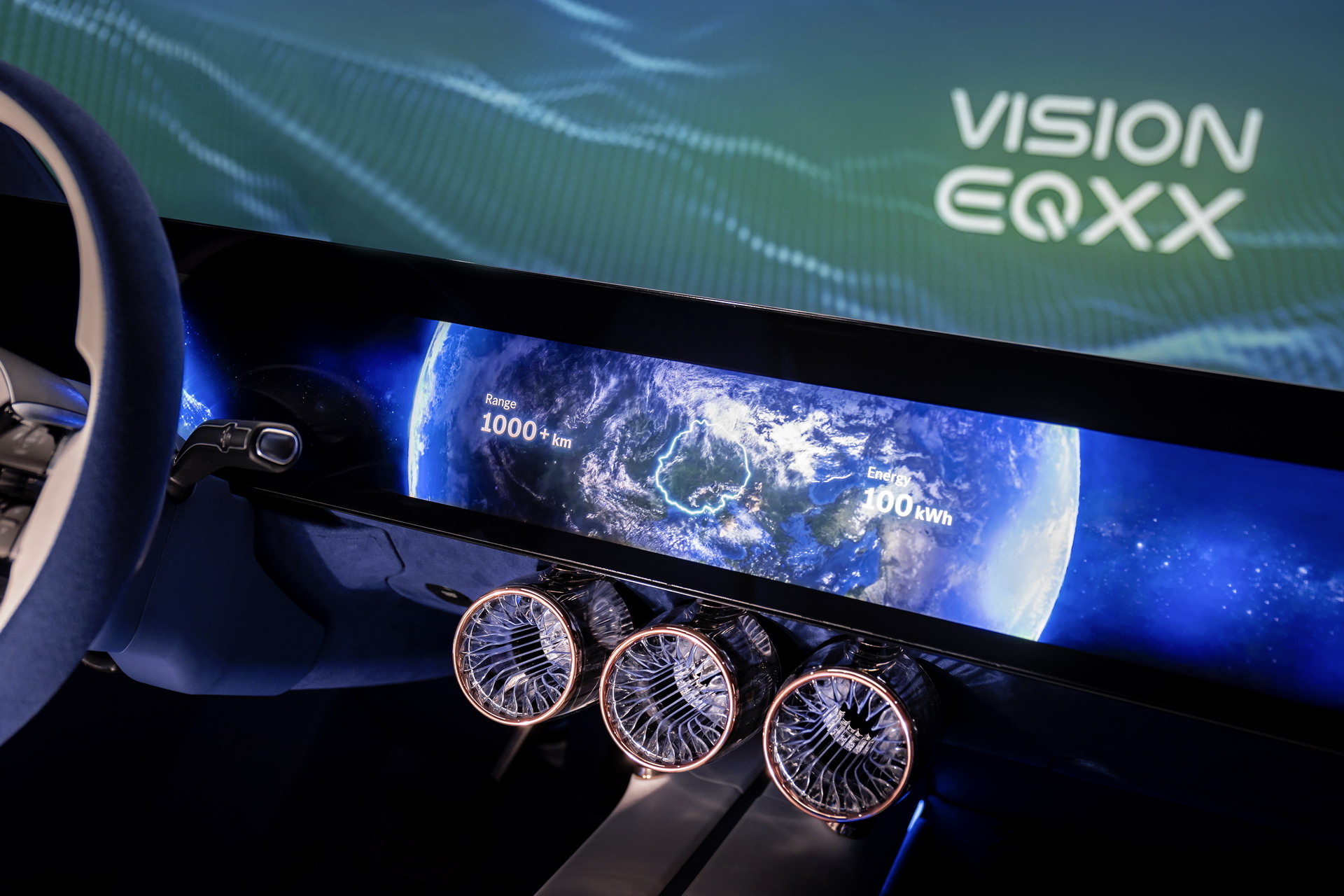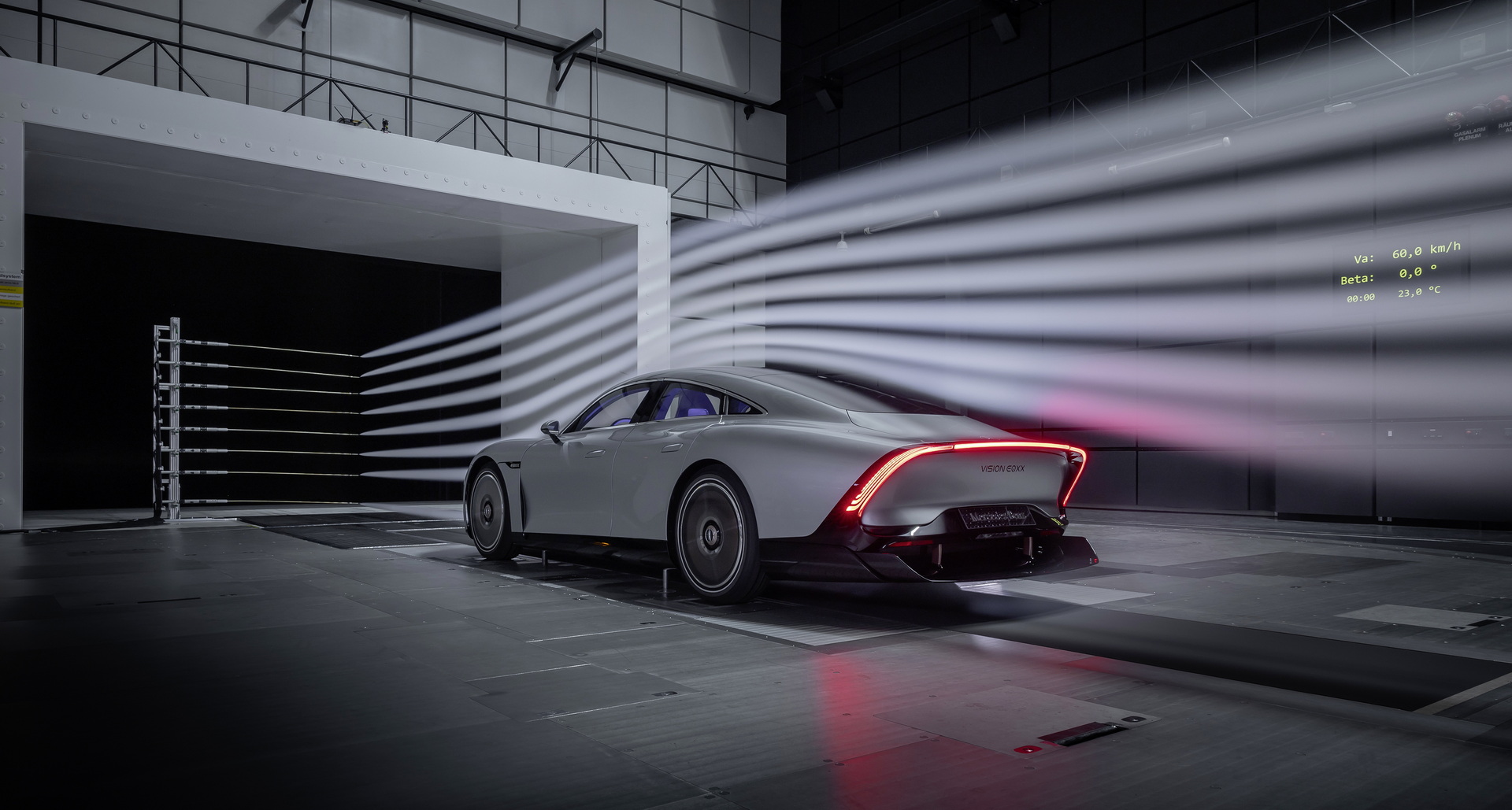Mercedes-Benz will introduce a new operating system across its models for the 2024 model year.
The new operating system, simply dubbed Mercedes-Benz Operating System, or MB.OS, will be developed by Unity Technologies and replace the existing MBUX infotainment platform used by all Mercedes models.
Unity Technologies is an expert in real-time 3D platforms and powers 70 per cent of all mobile games on the market. It is also a leader in augmented and virtual reality technologies. Designers from Mercedes-Benz will use Unity Industrial Collection, a complex 3D product visualization software package, to craft the user interface and user experience designs across the digital cockpit, including the instrument cluster, infotainment, and passenger displays.
Read Also: Mercedes-AMG’s New $3.5k Office Chair Is Actually A Car Seat On Wheels
Unity’s operating system will link all of Mercedes-Benz vehicles to the cloud and with the Internet of Things and comprise of four main areas: powertrain, autonomous driving, infotainment, and body and comfort systems.
“With our own operating system, we want to achieve three key things: to shape the user interface according to a luxury brand, to create a bidirectional communication with the customer and to integrate the digital lifestyle of the customer into the vehicle domain,” Mercedes-Benz chief software officer Magnus Östberg told Auto News.
The new Mercedes-Benz Operating System will come complete with audio and video streaming, in addition to immersive gaming and messaging applications. It will also offer augmented reality-enhanced experiences and use artificial intelligence to adjust vehicle settings depending on the habits and preferences of owners. This system was first previewed in the Mercedes-Benz Vision EQXX Concept and includes complex, real-time 3D graphics.
Unity says it was selected following a comprehensive evaluation process against other real-time 3D and Human Machine Interface (HMI) solutions.
“We will see entirely new visualizations powered by our Unity 3D-Game Engine, creating an extremely realistic representation of the real world,” Östberg added. “This is what we call ‘digital luxury’. ”





